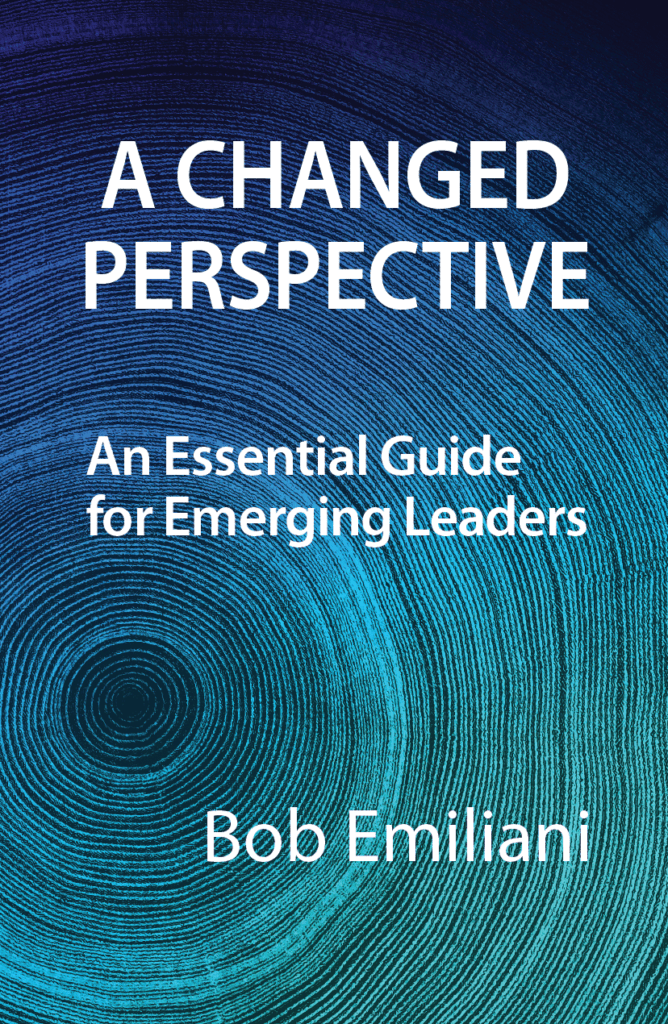This is the backstory to the book A Changed Perspective.

Few people realize that the idea for a book can percolate for a very long time. The idea sits in the back of your mind waiting for the right time to emerge. In the interim, other work — teaching, training, coaching, writing, etc. — takes priority and gets completed. Then one day, it all comes together. Years of research, dozens of ideas, energy, enthusiasm, and motivation that have been slowly simmering suddenly come to a boil and all the parts fall into place ready for final assembly.
The central idea of A Changed Perspective has been lingering on my mind for at least 15 years. Some of my favorite authors have written about preconceptions; why they are important, how they influence people, and how they prohibit needed change. But in every case, the authors are either vague or limited in their discussion of preconceptions. If they identify specific preconceptions, it is only a very few and for just one of the ten or so major categories of preconceptions. The lack of explicit details makes preconceptions stealthy and mysterious. And therefore, a great topic for a book!
A Changed Perspective shines bright lights on preconceptions to eliminate stealth and mystery. It identifies several categories of preconceptions and numerous preconceptions within each category. The book is a practical workbook, not a philosophical treatise. It engages readers to think deeply and complete various assignments to expand their understanding of preconceptions and the need for changes in preconceptions. Why change preconceptions? Because times change and so do the needs of people and the planet. If preconceptions do not change, or if they lag far behind the times, then we are destined to be mired in the status quo.
The foremost purpose of the book is to challenge the settled view that better leadership is brought about simply by changing leaders’ behaviors. This view has been in existence for a long time and is deeply rooted. Nevertheless, the book, I think, will thoroughly convince readers that the prevailing construct
Behaviors → Competencies
is incorrect, and that the correct construct is
Preconceptions → Beliefs → Behaviors → Competencies
A Changed Perspective is a major paradigm shift in four ways:
- Changes the understanding of the foundation of leadership
- Dethrones the century-long behavioral approach to improving leadership
- Changes how leaders think and practice leadership
- Changes how leaders make decisions
The book methodically explores the role of preconception in informing leaders’ thinking and actions. Unfortunately, the preconceptions leaders have are not the ones they need. Leaders regularly find themselves in difficult situations that they would rather not be in. By eliminating outdated preconceptions or changing preconceptions to ones that are better suited for the times, these difficult situations will be less common and less difficult, if not eliminated. And, it enables needed progress.
The intended audience for the book is emerging leaders, 25 to 45 years old, because younger generations are more likely to be interested in exploring and changing their preconceptions compared to older established leaders. While I hope established leaders find the book interesting and useful, I expect emerging leaders will have more desire, energy, and motivation to challenge themselves and make needed changes. Our future depends on them.
The book is not for readers who want easy answers handed to them. It is for readers who want to think and improve, and who are willing to put in hard work and take risks. I hope you like the book, and I look forward to your feedback.
